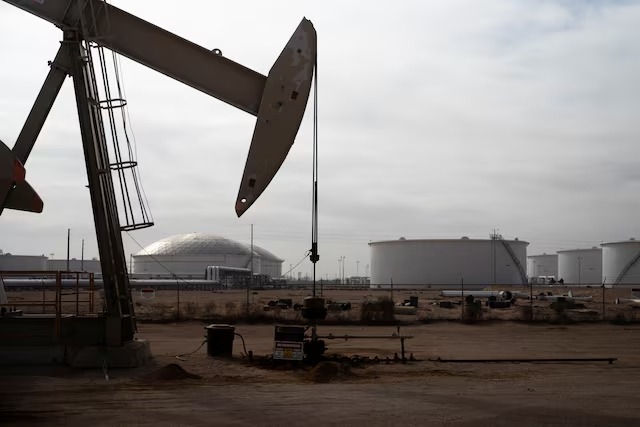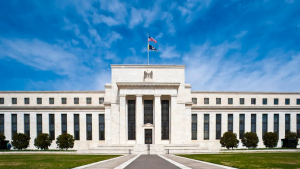Oil prices edged higher on Monday after U.S. exclusions on some tariffs and Chinese data showing a sharp rebound in crude imports in March, but gains were capped by concerns that the trade war between the United States and China could weaken global economic growth and dent fuel demand.
Brent crude futures rose by 8 cents, or 0.12%, to $64.84 a barrel by 0822 GMT. U.S. West Texas Intermediate crude was up 10 cents, or 0.16%, at $61.60.
"The news about the exemptions on tariffs has helped lift sentiment across markets," said Harry Tchilinguirian, global head of research at Onyx Capital Group. "But there is still a lot of fragility; you have policy risk around this erratic approach to trade that continues to weigh on markets."
Late on Friday U.S. President Donald Trump's administration granted exclusions from steep tariffs on smartphones, computers and some other electronic goods imported largely from China. It was the latest in a series of policy announcements that imposed tariffs and then walked them back, spurring uncertainty for investors and businesses.
Trump said on Sunday that he would announce the tariff rate on imported semiconductors over the next week.
China's crude oil imports in March rebounded sharply from the previous two months and were up nearly 5% from a year earlier, data showed on Monday, boosted by Iranian oil and a rebound in Russian deliveries.
However, Brent and WTI have lost about $10 a barrel since the start of the month and analysts have lowered oil price forecasts as the trade war between the world's two largest economies has intensified.
Goldman Sachs expects Brent to average $63 and WTI to average $59 for the remainder of 2025, with Brent averaging $58 and WTI $55 in 2026.
It sees global oil demand in the fourth quarter of 2025 rising by only 300,000 barrels per day (bpd) year on year, analysts led by Daan Struyven said in a note, adding that slowing demand is expected to be most pronounced for petrochemical feedstocks.
The Brent price spread between December 2025 and December 2026 has also flipped into contango as investors have priced in oversupply and demand concerns, said BMI, part of Fitch Solutions. In a contango market, front-month prices are lower than those in future months, indicating no shortage of supply.
As companies prepare for a possible decline in demand, the U.S. oil and natural gas rig count dropped for a third consecutive week last week, according to oil services company Baker Hughes.
Potentially supporting oil prices, U.S. Energy Secretary Chris Wright said on Friday that the United States could stop Iranian oil exports as part of Trump's plan to pressure Tehran over its nuclear programme.
Both countries held "positive" and "constructive" talks in Oman on Saturday and agreed to reconvene next week, officials said over the weekend.
"This may help remove some of the sanction risk affecting the oil market, particularly if talks keep on moving in the right direction," ING analysts said in a note.










